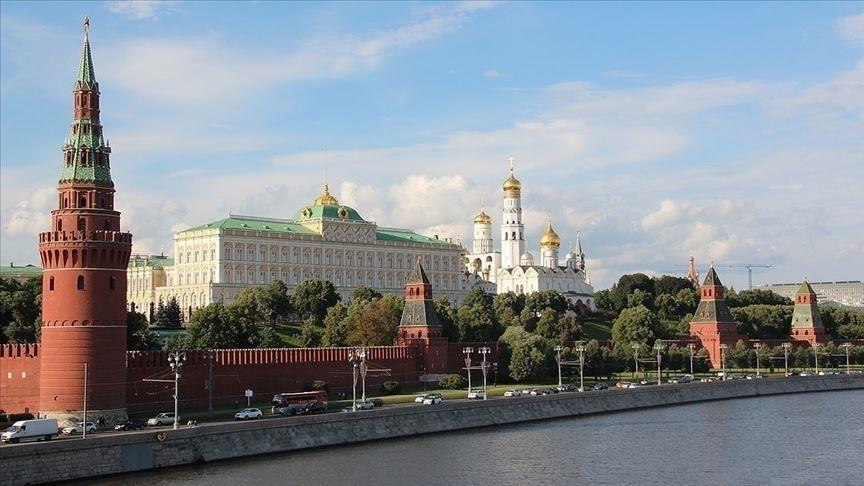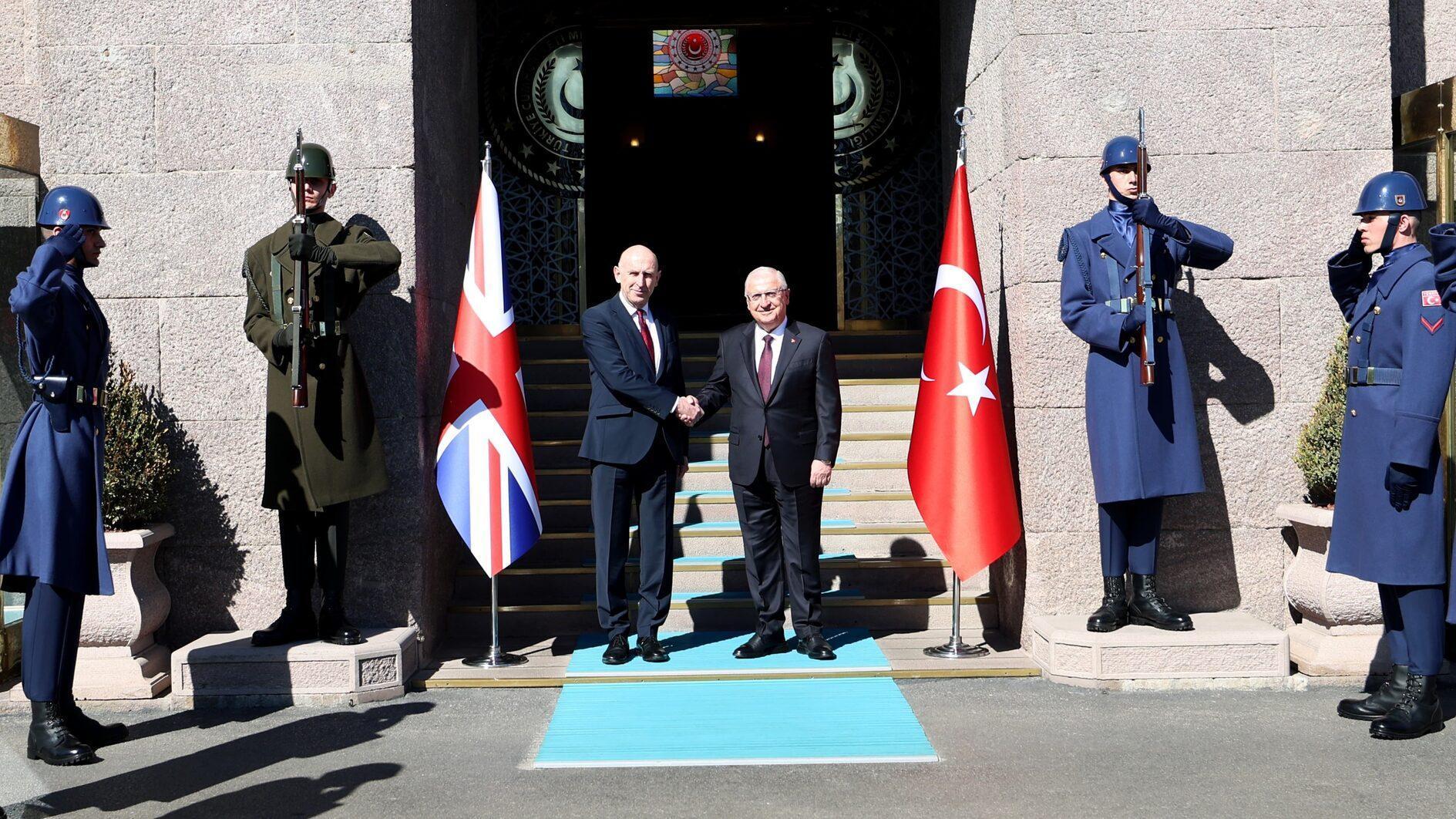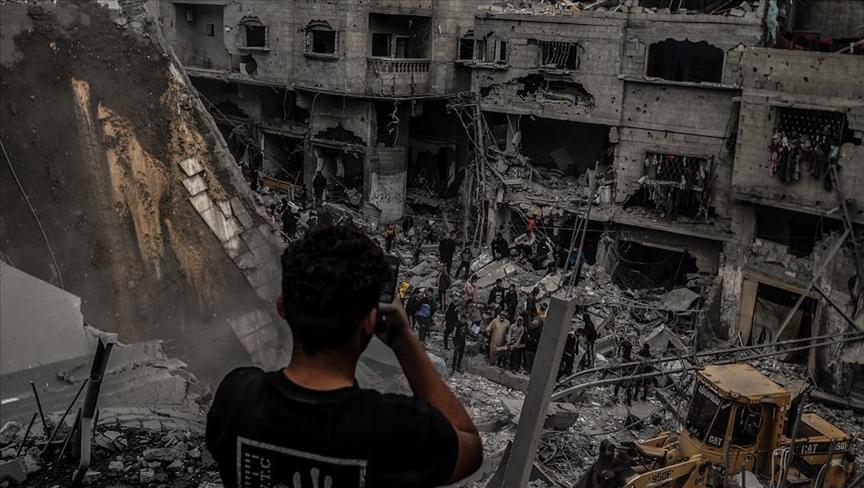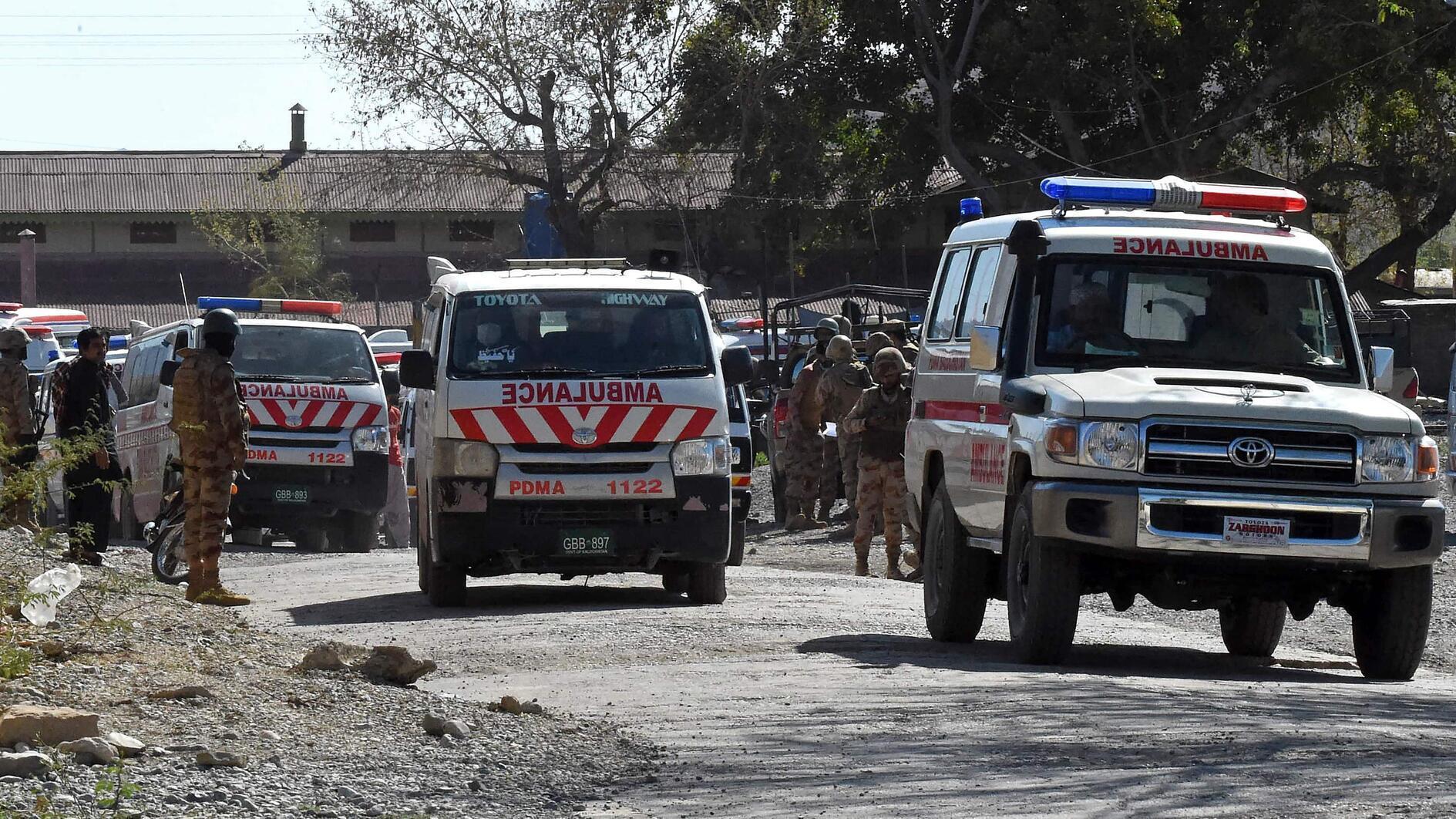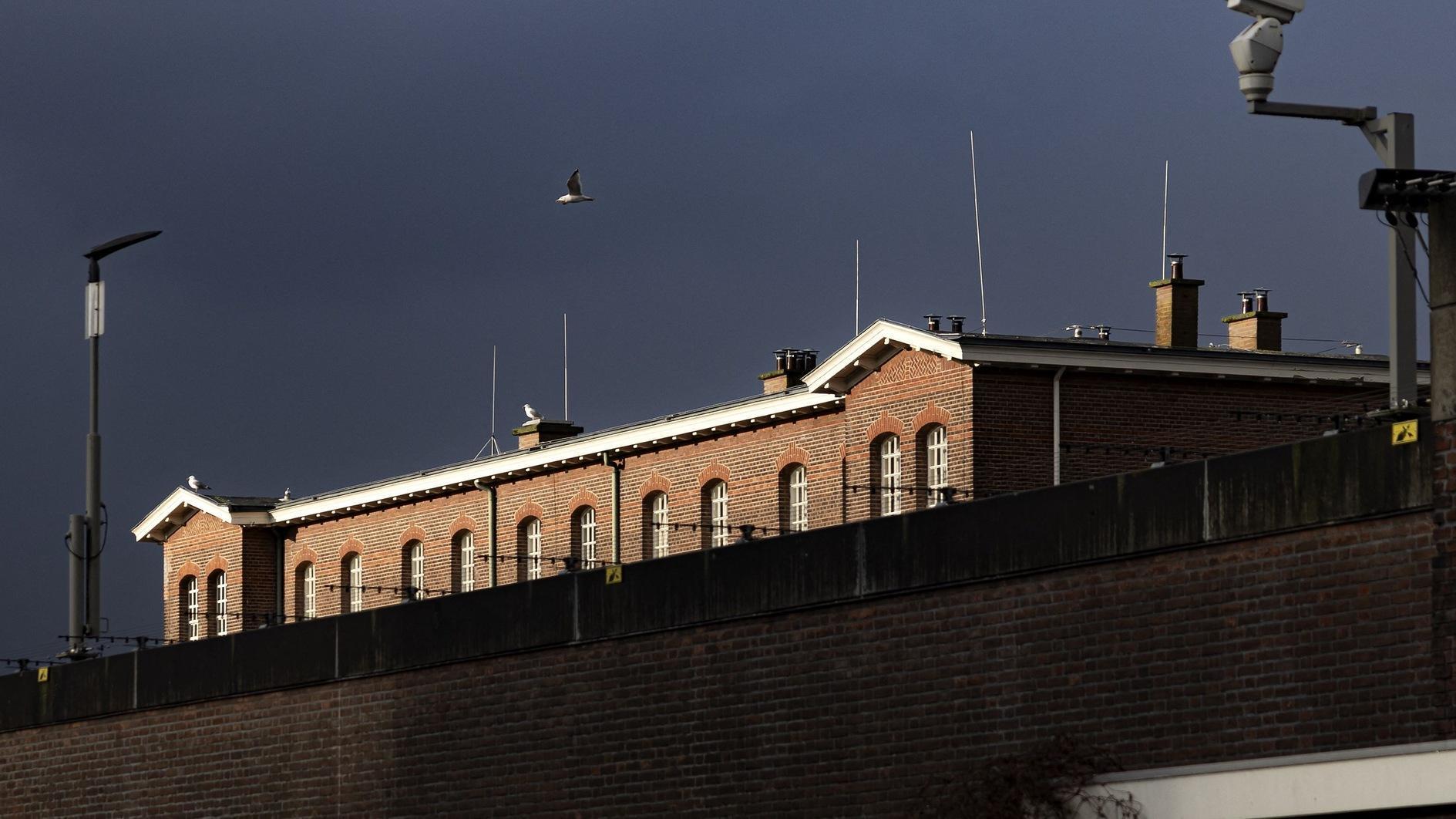Turkey commemorates Atatürk on 79th anniversary of his passing
ANKARA
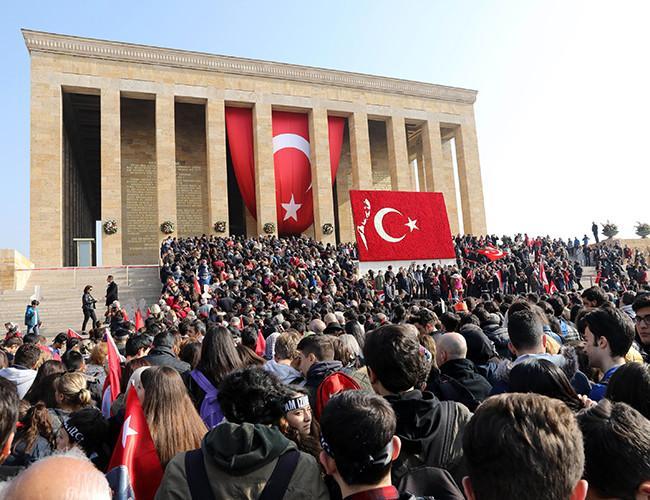
Turkey on Nov. 10 commemorated the 79th anniversary of the death of Mustafa Kemal Atatürk, the founder of the modern Republic of Turkey, as people observed two minutes of silence during official and unofficial ceremonies across the country and abroad.
At Anıtkabir, his mausoleum in the capital Ankara, thousands flocked to pay their respects to the deeply revered first president of the republic.
At 9:05 a.m., sirens wailed to mark the exact moment of his death at the age of 57 in Istanbul’s Dolmabahçe Palace, where he died on Nov. 10, 1938 from health problems. Every year on this date, sirens sound at the exact time of his death, while flags fly at half-mast.
All around the country, people stopped in the streets or stood silently at their workplaces to remember the founder of modern Turkey.
During the official ceremony held at the Anıtkabir, President Recep Tayyip Erdoğan was among those to lay a wreath on Atatürk’s resting place.
“We once again remember our first president Mustafa Kemal Atatürk,” Erdoğan wrote in the book of commemoration.
“We are working day and night to bring Turkey to the level of contemporary civilizations. May his soul rest in peace,” Erdoğan said.
Parliamentary Speaker İsmail Kahraman and main opposition Republican People’s Party (CHP) leader Kemal Kılıçdaroğlu also took part in the annual ceremony alongside other senior politicians and military officers.
“The heroic Turkish Armed Forces, which honorably carry the torch of independence and sovereignty that Ataturk lit, continue their dedication to fight against every kind of risk and threat,” Chief of General Staff Gen. Hulusi Akar said in a statement published online.
People across the country marked the anniversary of Atatürk’s death in other unique ways as well.In many cities, including Istanbul and Adana, human “chains of respect” stretching for kilometers were formed as people held hands to mark the 79th anniversary.
The chain of people in Adana trailed 14 kilometers.
Off the coast of Istanbul’s Maltepe district, a group of divers brought a copy of a painting of Atatürk’s eyes by British painter Ned Pamphilon to the surface of the water and held aloft torches.
In the western province of İzmir, citizens paraded with a 350-meter banner of Atatürk and a marching band.
Parachutists dropped to the ground as they trailed Turkish flags and in Toroslar, a district in the southern province of Mersin, 7,700 people came together to form an image of Atatürk’s face.
Atatürk was also remembered abroad. One of the places crowds gathered was his house of birth in Thessaloniki, Greece.
At the three-story building on Apostolou Pavlou Street, the Turkish Consul General addressed around 1,000 Turkish students who had gathered to pay their respects.
“We remember him today in every corner of the world, all over the world,” Orhan Yalman Okan said.
“But, in this house where he was born, it is quite different and remarkable,” Okan said.
When Atatürk was born in 1881, Thessaloniki was part of the Ottoman Empire before being taken by Greece in 1912. The house is now a museum of the founder of modern Turkey.
Turkish diplomatic missions across the world also held commemoration ceremonies.
In Kyrgyzstan’s capital Bishkek, the embassy organized readings of poems about Atatürk.
“There is no other leader that could bring his nation to become one, even 79 years after his death,” said Ambassador Zeki Levent Gümrükçü, at the embassy in the Georgian capital.
“I believe the best way to commemorate Atatürk is to understand him. We need to cherish our republic,” said Başak Türkoğlu, Turkey’s envoy to Kuala Lumpur.
The ambassador to Azerbaijan, Erkan Özoral, described Atatürk as “the strongest icon to unite Turkish people.”
In Paris, Ambassador İsmail Hakkı Musa said Ataturk was symbolized through freedom and love of liberty.
In the Hungarian capital Budapest, Ambassador Şakir Fakılı led a crowd in a moment of silence at the city’s Mustafa Kemal Atatürk Park.
Atatürk left his mark on the military in 1915, when he led the Ottoman forces in repelling the allied invasion of Çanakkale, known in the West as the Dardanelles.
Following the collapse of the Ottoman Empire after World War I, Atatürk led the Turkish War of Independence, which defeated European powers hoping to invade the crumbled empire. When he became president, Atatürk strived to transform the former empire into a modern, democratic and secular country.


